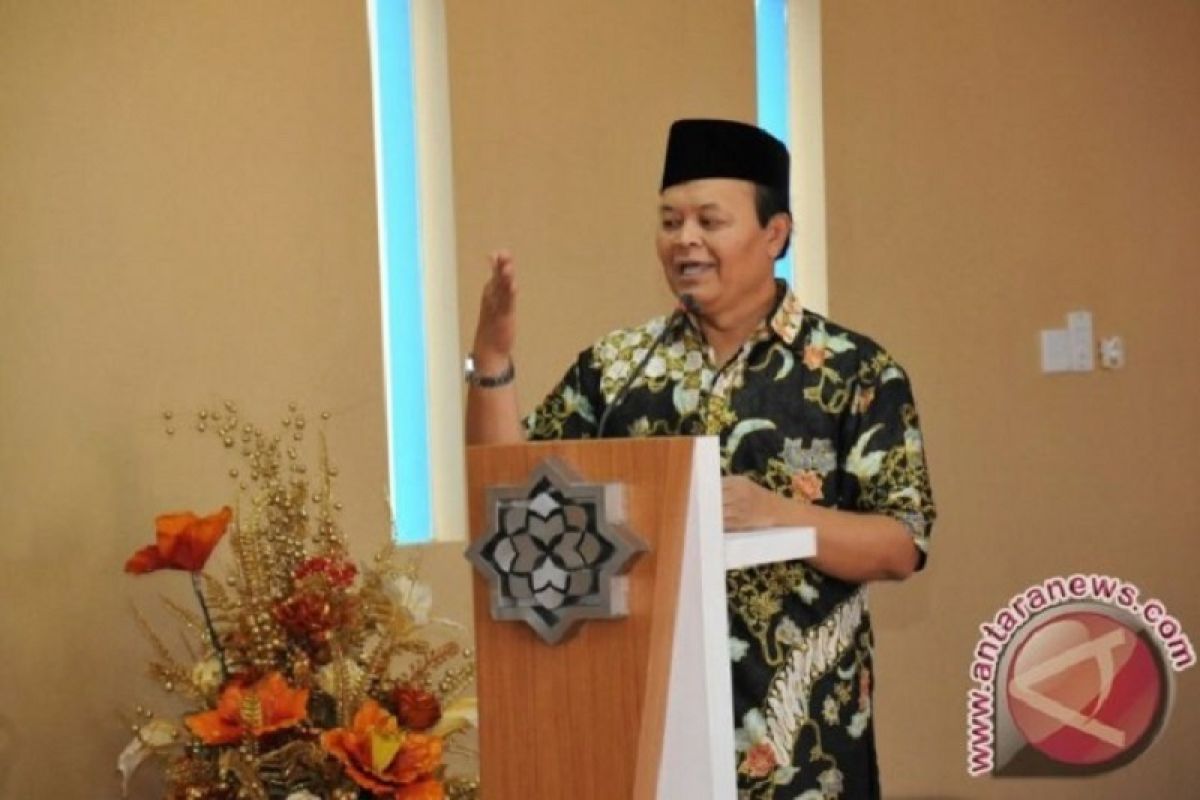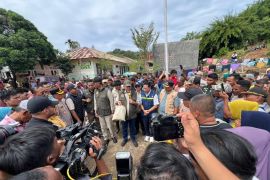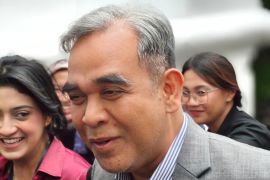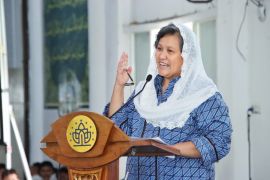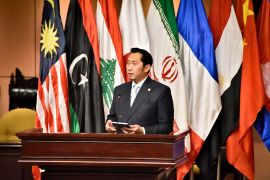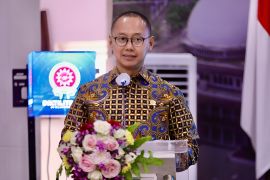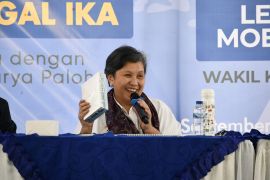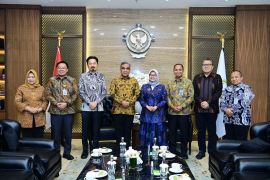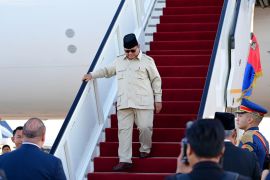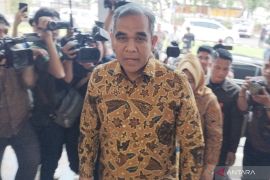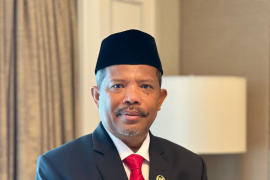The outreach expansion was necessary because the number of people severely suffering from the tremendous impacts of the ongoing COVID-19 pandemic on household incomes rose in the midst of the lockdown enforcement has increased.
Therefore, the government needs to reimpose the social assistance schemes that it had ever provided in the early phase of COVID-19 pandemic last year, Wahid said in a press statement that ANTARA received here Sunday.
He, however, suggested that the government expand the outreach and indexes of its family hope (PKH), staple food package (Sembako), and cash aid programs due to the rising number of affected households.
To make the social assistance programs effective, the government must also have a recipient data validation, and implement strict rules of good corporate governance to avoid the recurrence of a corruption scandal.
Wahid said the PKH, Sembako, and cash aid the government has planned to provide during the lockdown enforcement are still just the "regular social assistance programs" as they had ever been given before the imposition of the so called "PPKM Darurat" policy.
In fact, due to the enforcement of the government's policy on emergency public activity restrictions or "PPKM Darurat" in the islands of Java and Bali from July 3 to July 20, 2021, more people get affected, he argued.
Thus, Wahid argued that the government's plan to give the PKH to 10 million recipients, Sembako to 18.8 million recipients, and cash aid to 10 million recipients would likely be ineffective because more people are forced to stay at home during the lockdown period.
Related news: Day One of emergency restrictions runs smoothly: spokesperson
Related news: Travelers necessitated to hold vaccination cards during emergency PPKM
The COVID-19 pandemic initially struck the Chinese city of Wuhan in 2019 and subsequently spread across the globe, including to countries in the Asia-Pacific region.
The Indonesian government announced the country's first confirmed cases on March 2, 2020.
Since then, the central and regional governments have striven incessantly to flatten the nation's coronavirus curve by applying healthcare protocols and public activity restrictions.
As part of the efforts to win the fight against COVID-19, the Indonesian government has also been conducting a nationwide vaccination program to contain infections since January 13, 2021.
Amid the government's ongoing vaccination drives, Indonesia is hit by the second wave of new COVID-19 cases.
The country saw a record increase in daily COVID-19 cases on Saturday (July 3, 2021), with 27,913 new infections reported across the country, which took the total tally to 2,256,851.
The COVID-19 Response Task Force noted that with 493 people dying of COVID-19, the death toll reached 60,027. The number of deaths showed a decline on Saturday compared to that on Friday which stood at 539.
Related news: Association asks president to protect workers' rights during PPKM
Related news: Faced with rising infections, Indonesia doubles down on restrictions
Translator: Imam B, Rahmad Nasution
Editor: Fardah Assegaf
Copyright © ANTARA 2021
